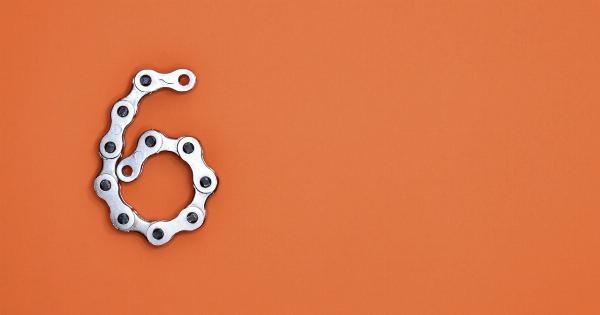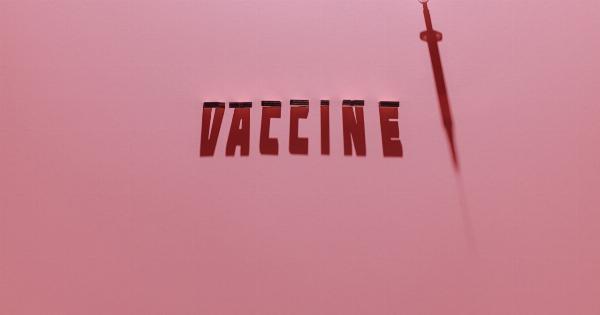Zinc is an essential mineral that plays a vital role in various bodily functions, including immunity, metabolism, and DNA synthesis. It is involved in over 300 enzyme reactions and is crucial for proper growth and development.
Unfortunately, many people suffer from zinc deficiency without even realizing it. The World Health Organization estimates that about 31% of the global population is zinc deficient.
A lack of zinc can lead to numerous health problems, so it’s important to recognize the signs of deficiency and take steps to address it.
1. Hair Loss or Thinning
One of the common signs of zinc deficiency is hair loss or thinning. Zinc plays a crucial role in maintaining healthy hair follicles and promoting hair growth. A deficiency can result in weakened hair shafts, leading to hair loss or shedding.
2. Slow Wound Healing
Zinc is essential for proper wound healing. It plays a vital role in the synthesis of collagen, a protein necessary for the formation of new tissue.
If you notice that your wounds are taking longer to heal or are prone to infection, it could be a sign of zinc deficiency.
3. Frequent Infections
Zinc is crucial for a strong immune system. It helps in the production and function of immune cells, such as white blood cells.
A deficiency in zinc can weaken your immune system, making you more prone to infections, including respiratory infections, common colds, and flu.
4. Impaired Taste and Smell
If you find yourself struggling to taste or smell properly, it could indicate a zinc deficiency. Zinc is involved in sensory functions and helps maintain the proper function of taste and smell receptors.
A lack of zinc can lead to a diminished ability to taste or smell things accurately.
5. Poor Growth and Development in Children
Zinc is crucial for growth and development, especially in children. A deficiency in this mineral can lead to stunted growth in children and delay sexual maturation. It can also impair cognitive development and negatively affect learning abilities.
6. Skin Problems
Zinc plays a significant role in maintaining healthy skin. A deficiency can result in various skin problems, including dryness, eczema, acne, and delayed wound healing.
Zinc helps regulate oil production, promotes skin cell renewal, and supports overall skin health.
Prevention and Treatment
Fortunately, zinc deficiency is preventable and treatable. Including zinc-rich foods in your diet is an excellent way to ensure you meet your daily requirements.
Good sources of zinc include red meat, poultry, seafood, dairy products, legumes, nuts, and seeds.
Supplements can also be taken under the guidance of a healthcare professional to address a deficiency. It is important to note that while zinc is essential for optimal health, excessive zinc intake can also have adverse effects.
Therefore, it is crucial to consult a healthcare professional to determine the appropriate dosage for your specific needs.
In conclusion, zinc deficiency is a common issue, and recognizing its signs is essential for maintaining optimal health.
If you experience any of the mentioned symptoms, it’s important to consult a healthcare professional for proper diagnosis and treatment. By addressing zinc deficiency, you can improve your overall well-being and reduce the risk of associated health problems.



























